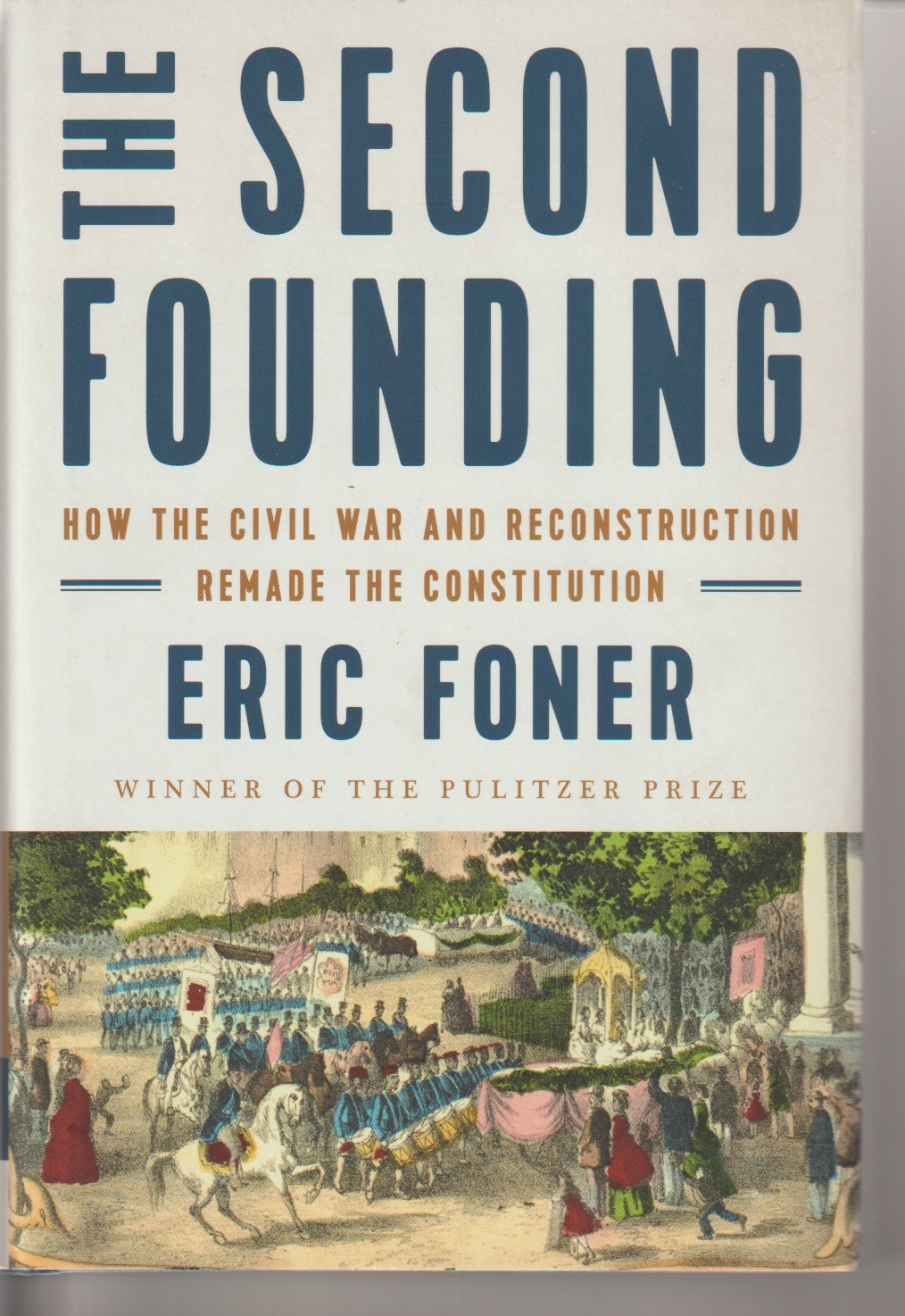
Du Boise’s thesis of Black centrality in “Black Reconstruction in America” (1935), the interconnectedness of racial attitudes and social and political development, the emergence of a purposeful and expanded national state for the ideal of a national citizenship, the economic and labor developments in the North, and the demise of Reconstruction through political compromises of 1877.Īccording to Foner, the Reconstruction era amendments were critical in creating the “world’s first biracial democracy.” The book is an ode to the emancipatory potential inherent in the promise of the amendments which “forged a new constitutional relationship between individual Americans and the national state.” For Foner, the profound change brought about by these amendments should be viewed as nothing short of a constitutional revolution, and therefore, a “second founding” during which, as Senator Charles Sumner declared, the federal government was for the first time deemed “the custodian of freedom.” “The Second Founding” follows three decades after Foner’s seminal work, “Reconstruction: America’s Unfinished Revolution,” a comprehensive study in analytical history of Reconstruction discussing the participation and contribution of the Black freedmen and freedwomen to the transformation of Southern Society in line with W.E.B. “The Second Founding” provides the historical account of the three Reconstruction amendments: Thirteenth, Fourteenth, and Fifteenth Amendments to the United States Constitution – “the most tangible legacies,” according to Foner, of the Reconstruction era, or that brief but monumental “moment in the sun.” It was, Foner says, “ first attempt, flawed but truly remarkable for its time, to build an egalitarian society on the ashes of slavery.” It is a poetic claim, although ‘smoldering embers’ might be a more accurate status descriptor for slavery. Du Bois wrote of post-Civil War Reconstruction: “the slave went free stood a brief moment in the sun then moved back again toward slavery.”



A reckoning so profound and exact, in creating and fulfilling the antithetical to what is dismantled, that it can offer redemption along with emancipation.Įric Foner’s “The Second Founding” is the account of this nation’s post-Civil War constitutional reckoning – the beauty of redemption in its egalitarian promise, and the tragedy in its unfulfillment. Radical members of the first legislature after the war, South Carolina.Ībolition is a reckoning.


 0 kommentar(er)
0 kommentar(er)
